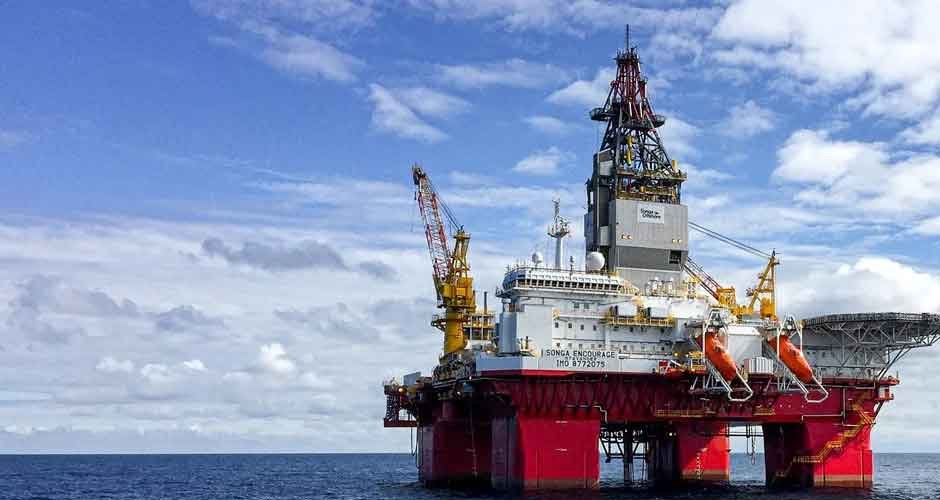The maritime industry is vast and crucial to the global economy, employment, and trade. It comprises several sectors, such as shipping and transportation, offshore oil and gas, shipbuilding and repair, marine tourism, and marine research and conservation.
Offshore jobs are among the most lucrative in the maritime industry, offering exciting career opportunities. However, these jobs come with unique challenges, primarily related to risks and safety.
The associated risks can be significantly reduced if workers take appropriate precautions and follow safety guidelines. Additionally, some regulations protect workers in case of an accident, making it advisable to consult an offshore injury lawyer should a worker ever be involved in one.
Whether you are considering a career in the offshore industry or are simply curious about it, you’ll find the advantages and disadvantages of offshore jobs detailed in the following paragraphs. Continue reading to learn more.
Advantages of Working an Offshore Job
Working an offshore job offers a number of benefits, which include:
High Salary: A big payday the biggest advantage of working an offshore job. Generally, offshore jobs are very lucrative due to the risks associated with them and the harsh and isolated work conditions. Workers need to have specialized skills such as engineering, drilling, and maritime operations, which also increase earnings.
Offshore companies offer comprehensive benefits packages, including health insurance, retirement plans, and housing allowances. These benefits help workers save money, effectively increasing their take-home pay. In some regions, offshore workers can benefit from tax exemptions or reductions, enhancing their overall take-home pay.
Job Security: Job security is an important consideration when venturing into any field, be it healthcare, construction, the maritime industry, etc. The good news is that there’s a good level of security for offshore workers, especially those with specialized skills.
There’s always demand for skilled workers in the offshore industry, providing a steady income for them. Sectors such as oil and gas, renewable energy (like offshore wind farms), and marine research are continually growing and evolving, leading to ongoing employment opportunities.
Ultimately, everyone has the responsibility of improving their employability, regardless of the sector they work in, by continuously updating their skills, adapting to changes, and preparing for potential shifts in their career landscape. That’s the only true way to remain relevant and advance in any career.
Adventure and Excitement: Working an offshore job comes with unique experiences, which some people may find exciting. Workers are often at sea, surrounded by vast ocean views, and have the opportunity to observe marine life up close. Some people may find this thrilling and adventurous.
It’s common for offshore workers to travel across international boundaries as part of their job. Their travels may include working in exotic or remote locations that many people never get to visit.
The complexity and challenging tasks involved with some offshore jobs require problem-solving skills and adaptability. This dynamic nature of the work can be exciting and fulfilling for some people.
Disadvantages of Working an Offshore Job
Here are some disadvantages of working an offshore job:
Health and Safety Risks: As mentioned previously, the biggest concern in the offshore industry is the safety and health risks. Working with heavy machinery and exposure to harsh weather conditions can lead to injuries and accidents. The risks become even higher when safety protocols are not duly followed.
While it’s highly recommended that offshore companies and workers adhere to safety regulations, the risk of injuries will always remain. This is something one needs to consider before pursuing a career in this sector. Despite the challenges, many people still choose to work offshore due to the lucrative salaries and exciting opportunities it offers.
Isolation/Impact on Personal Life: Offshore jobs are typically characterized by extended periods at sea followed by shorter periods of leave. As a result, workers may not be able to spend as much time as they want with their families and loved ones, making offshore jobs not a viable option for everyone.
Workers stationed on remote offshore platforms or ships can feel isolated or lonely due to the limited number of people that can be on such platforms. This can have a negative effect on some people’s mental health, especially those who are not able to form strong bonds and rely on their crew for support.
Limited Career Longevity: The physical demand of offshore jobs means most people may not be able to maintain careers for an extended period. Operating heavy machinery and enduring challenging conditions can take a toll on someone. Some may have to retire early or switch careers due to physical wear and tear.
Final Thoughts
Working in the offshore maritime industry offers a unique blend of high rewards and significant challenges. The lucrative salaries, job security, and adventurous lifestyle are appealing benefits, attracting many to this field. However, the health and safety risks, isolation, and limited career longevity are important factors to consider. By understanding both the advantages and disadvantages, individuals can make informed decisions about pursuing careers in this sector. For those already in the industry, staying vigilant about safety protocols and continuously upgrading skills are crucial for long-term success and well-being.






